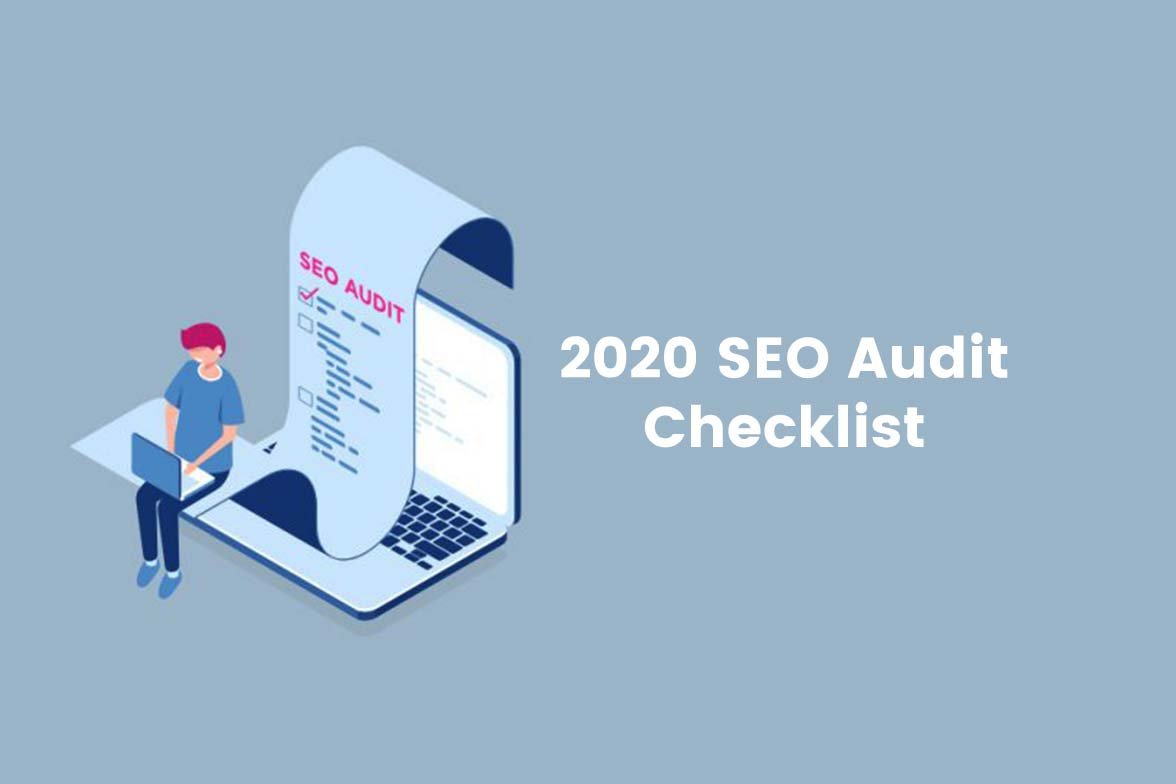SEO Audit Checklist for 2020

SEO audits identify all the fundamental issues that affect your web presence and organic search performance. You need to analyze the website and campaigns at every stage and make actionable suggestions to increase the organic search traffic
SEO audit aims to give guidance and directions to companies on what should be done to improve their ranking and traffic. It is not a complete strategy but the foundation of an effective campaign. An audit is followed by a couple of steps:
- Fixing the issues found in the audit
- Keyword research
- Studying your competitors
- Create an SEO strategy
- Execute the SEO strategy
- Work on the UI/UX
- Get the backlinks
1.S.M.A.R.T. Goals
The goal of your strategic objectives should be to determine what the long-term goals are for your business and SEO campaigns. It should be a mix of SEO KPIs and business KPIs. Are your objectives S.M.A.R.T. (Specific, Measureable, Attainable, Relevant, and Timely)?
An example of a Strategic Objective for a campaign would be:
- Company X will increase its organic search visibility by 40-50% within the next 6 months.
2.Keyword Research
If you have a current set of keywords, review them and find out if you are targeting the right ones. Aiming for high search volume words may end with you falling flat. An audit can reveal the quality of your keywords and focus on keywords that are performing well. Keep your long-tail keywords and phrases competitive. For the right keyword, consider each keyword as a goal to achieve in your SEO campaign.
3.Competitor Analysis
Competitor analysis helps you to analyze how strong your competitors are. Check out their keywords to find out how competitive it is or if the keywords selected are the right terms in the industry. Mix your keywords which might help it to rank much more easily. Keep track of the competition and rank always.
4.Redirect Problems
Different versions are a huge no for a website’s SEO performance. If there is more than one version of your website, Google will consider them as separate websites and not as one and you will end up having the web traffic divided between these links. The different types of links could be:
http://kfc.com
https://kfc.com
http://www.kfc.com
https://www.kfc.com
Use the 301 redirects to the link version that you want to use.
5.Increase your Site Speed
Google has made a website’s loading speed as a ranking factor in 2010. This was also included for searches on mobile. With PageSpeed Insights, check the popular pages of the website and avoid the homepage. Reduce the size of your images and upgrade your hosting.
6.Duplicate Content
Your website will earn a penalty from Google for duplicate content. Search engines become confused as to which URL has to be ranked when there is duplicate content in them. Check your site with tools and make the necessary corrections. Be on a lookout for thin content also or that which doesn’t provide much value for the readers like similar topics or content over and over again, affiliate pages, etc.
If you haven’t given much thought about the SEO for your business, well, you better start right now. Get in touch with the SEO experts and allow them to help you expand your leads and business ROI. To know more, give us a call.